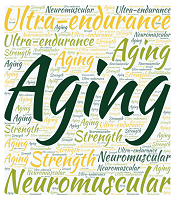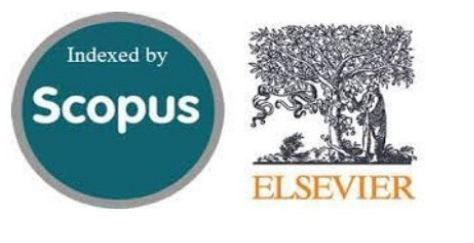Is It Possible to Age Healthy Performing Ultra-endurance Exercises?
Keywords:
Aging , Longevity, Ultra-endurance, Physical exercise, HealthAbstract
Context:
The process of decline in endurance capacity is particularly insidious over age 60 and varies considerably with sex, task specificity, and individual training status. Around 50 years of age, aging also implies deterioration of neuromuscular function, affecting muscle strength and power. The aim of the present article was to perform a mini-review to verify how ultra-endurance exercises impact the aging process.
Evidence Acquisition:For this, we reviewed the PubMed database {on Jan 20th 2020} by crossing the key terms, in the simple form, “ultra AND endurance AND exercise AND aging”. This research provided 25 articles from which we made a selection.
Results: We observed that the number of articles on the topic is low. The main findings showed that ultra-endurance exercise, high volume physical exercise (six-hours or more) with peak intensity moments, in long-term, is associated with increased risk of heart disease, sudden death, shortening of telomeres, accelerating aging cell, and harm to the healthy aging process and longevity. Conclusions: There is still little literature about the impacts of ultra-endurance practice on the aging process. Although there are indications that this may happen, such as shortening of telomeres and cellular aging, it is still not possible to establish a cause-effect relationship. Furthermore, it is not just about physical exercise, it is necessary to take into account individual factors (intrinsic and extrinsic) that interact with the sports trajectory, life habits, biology, and genetics.Downloads








